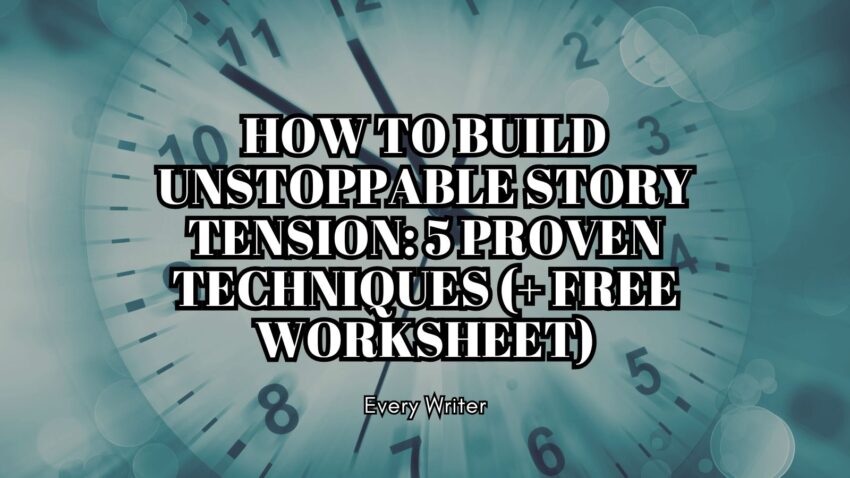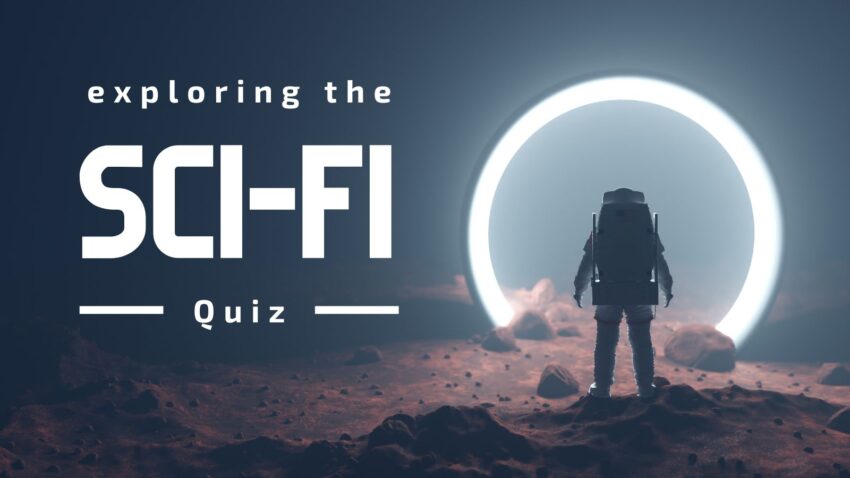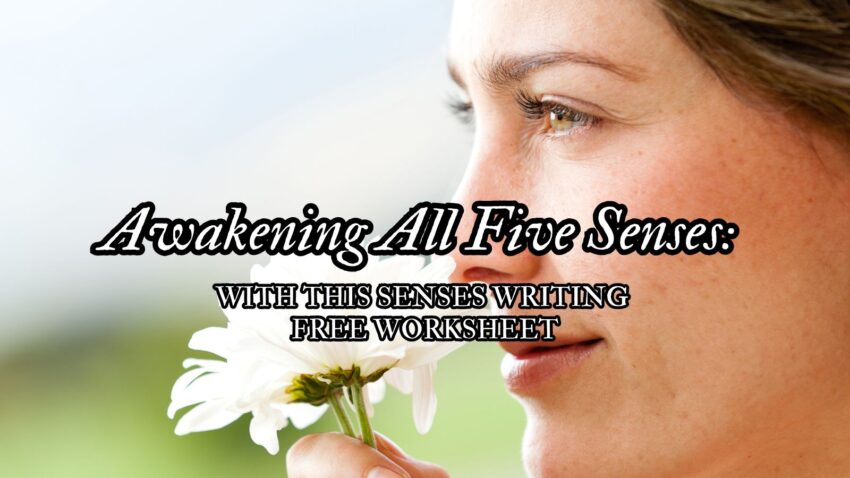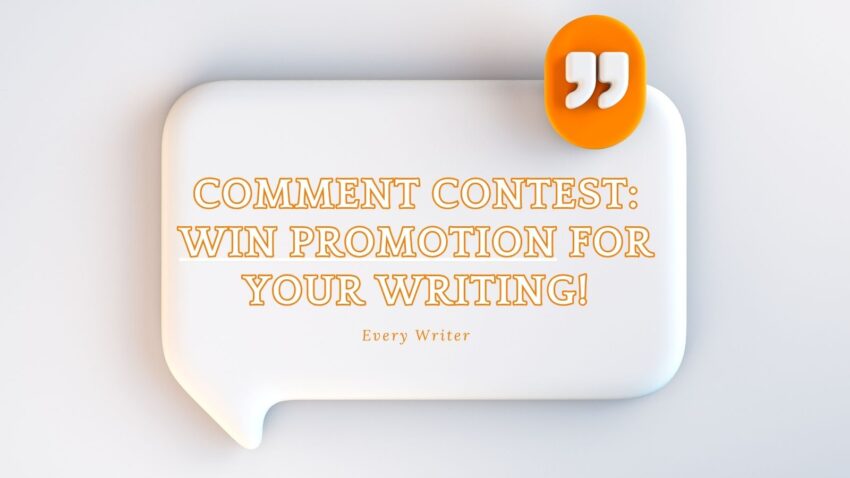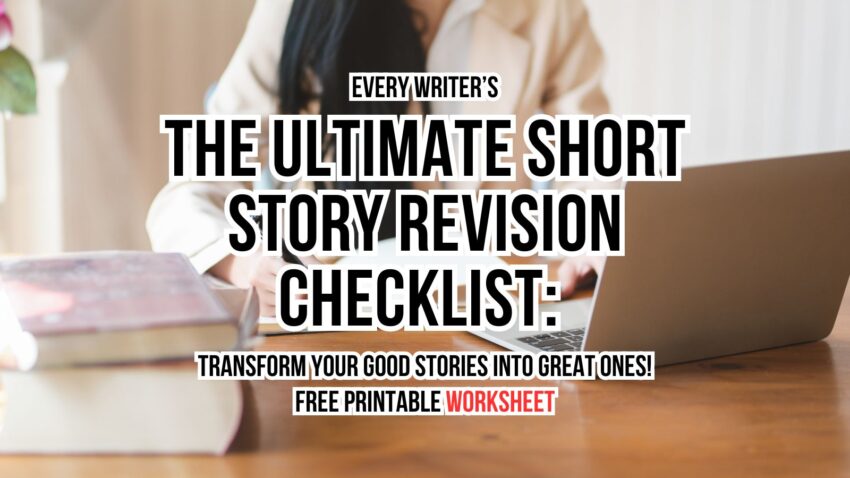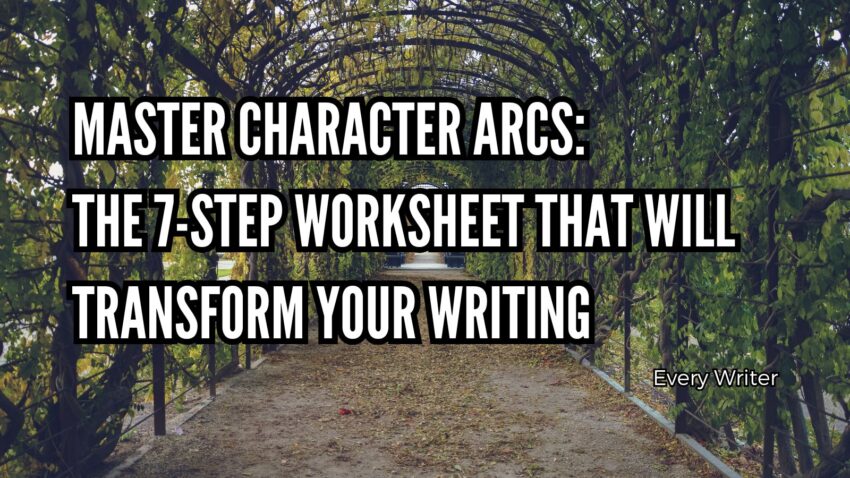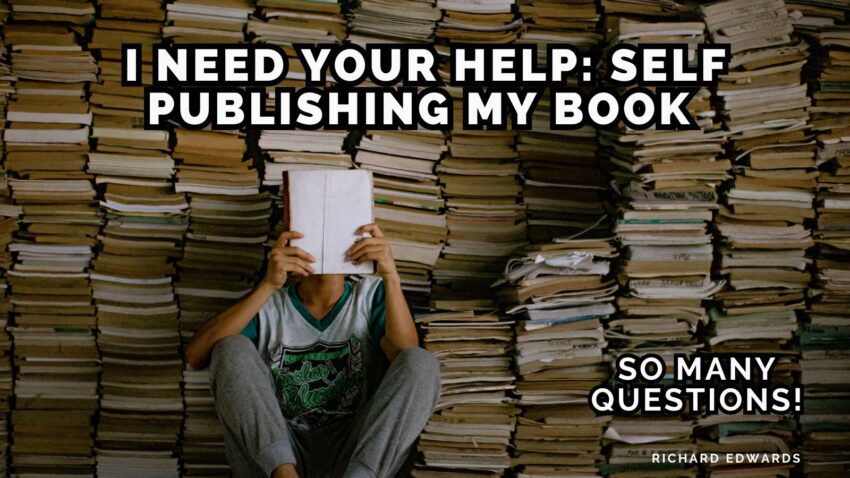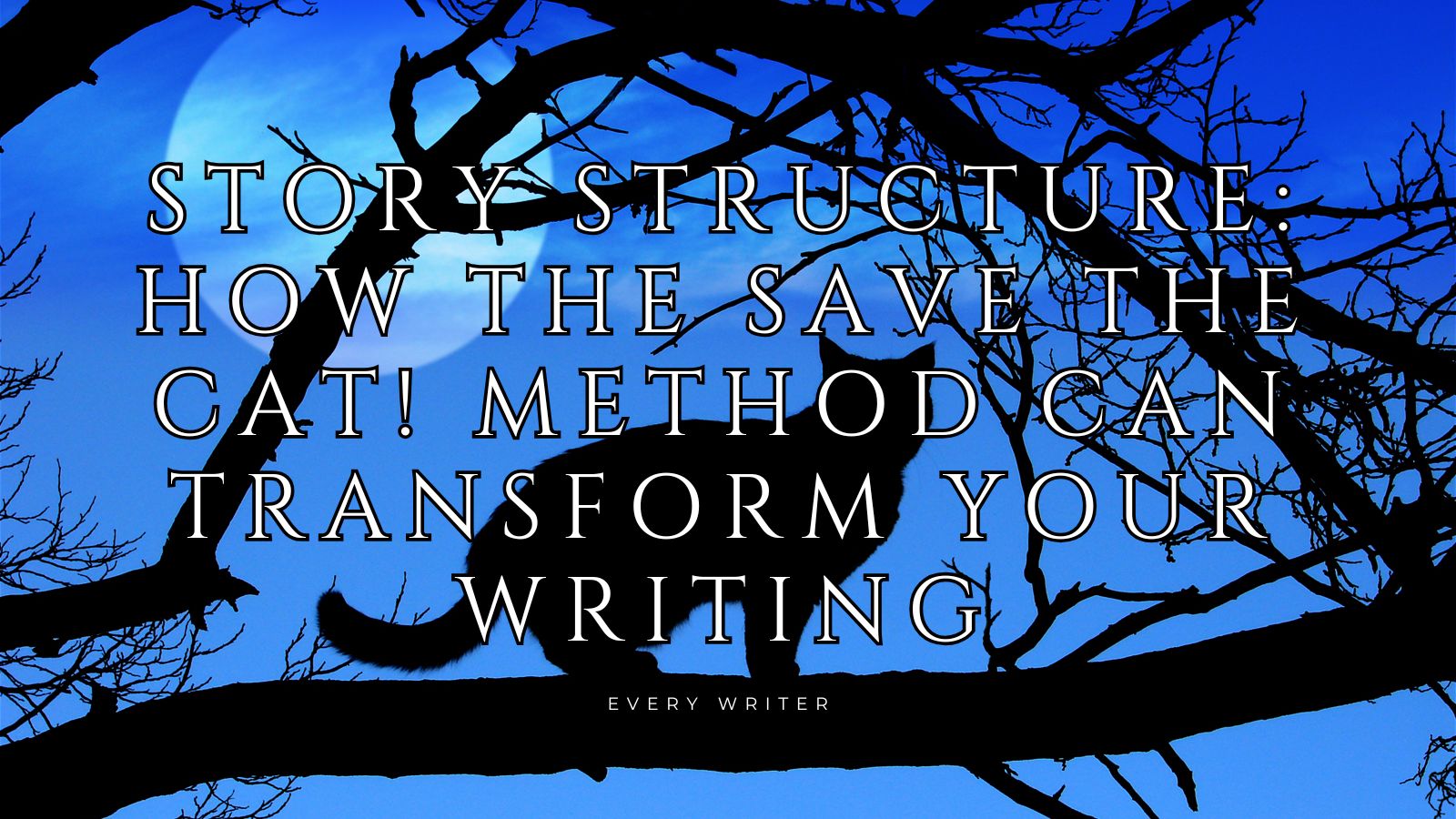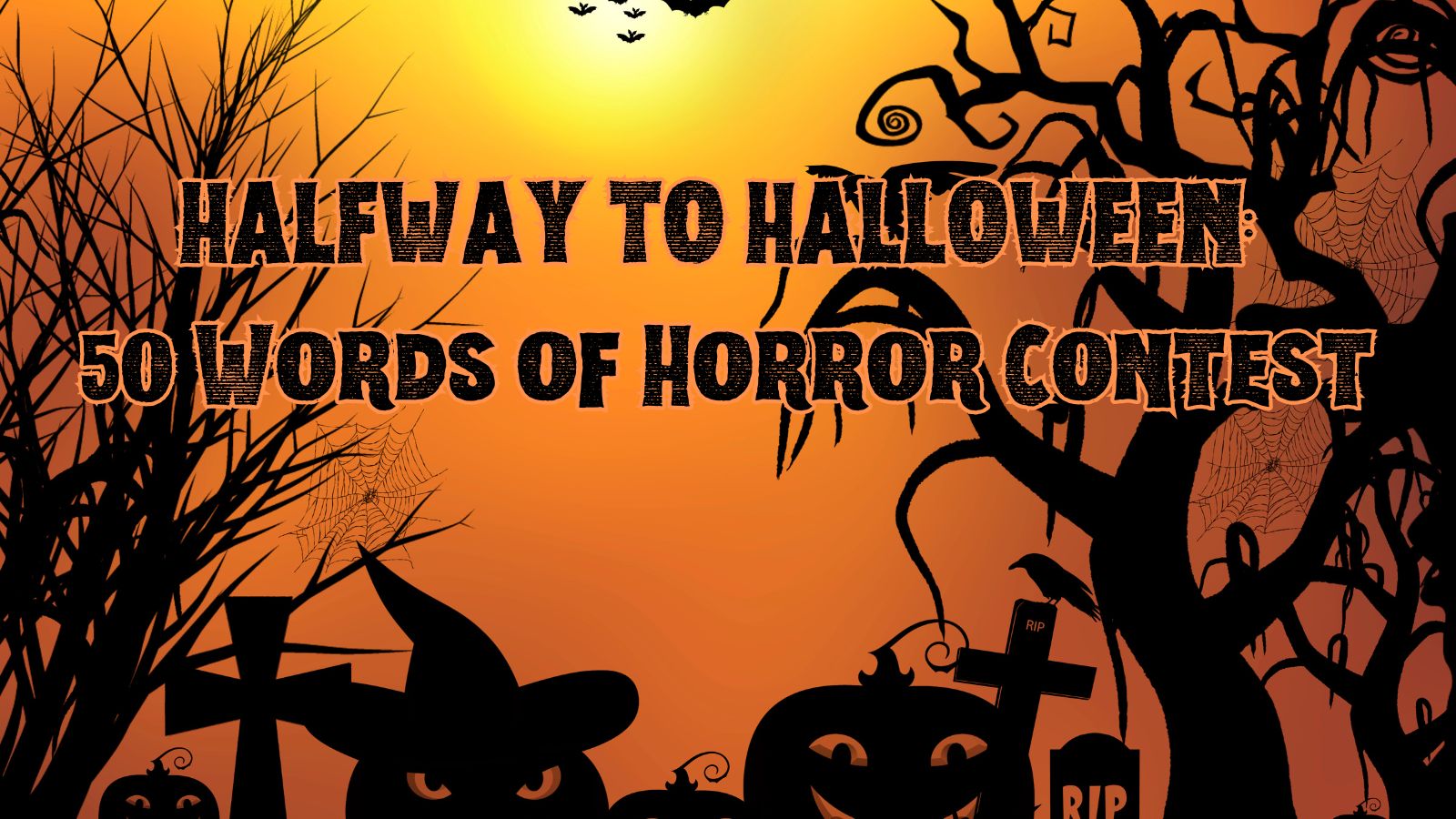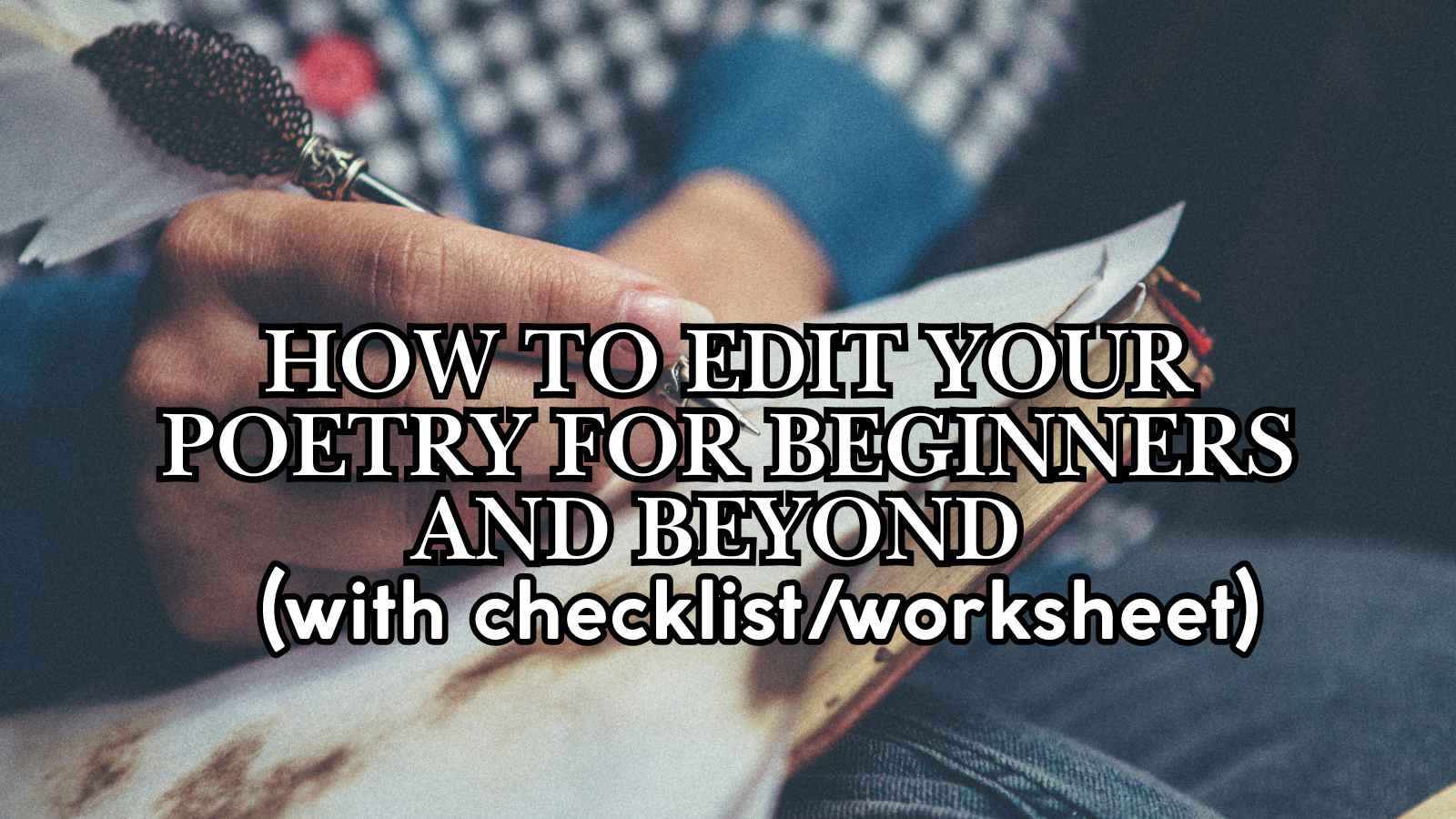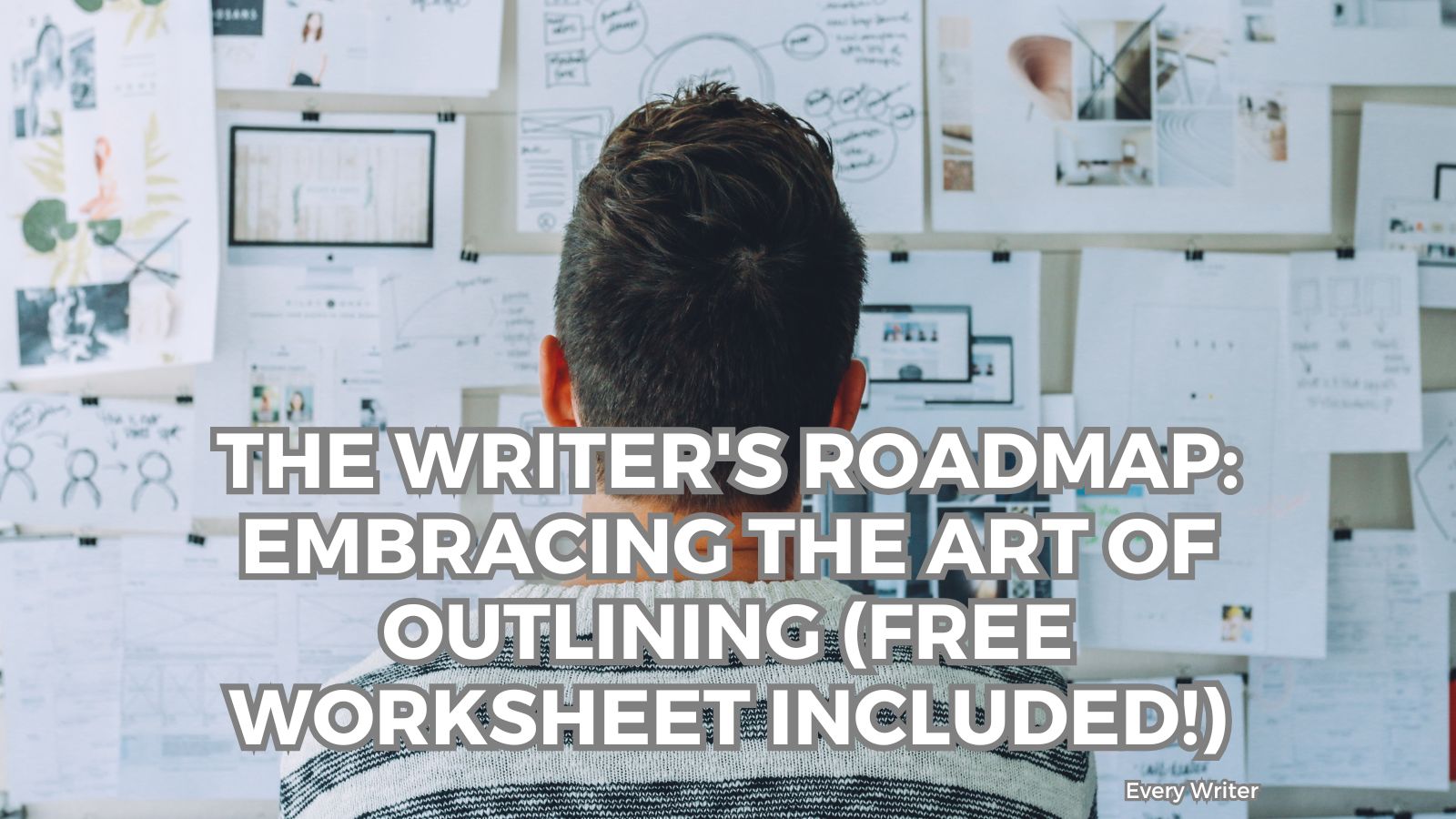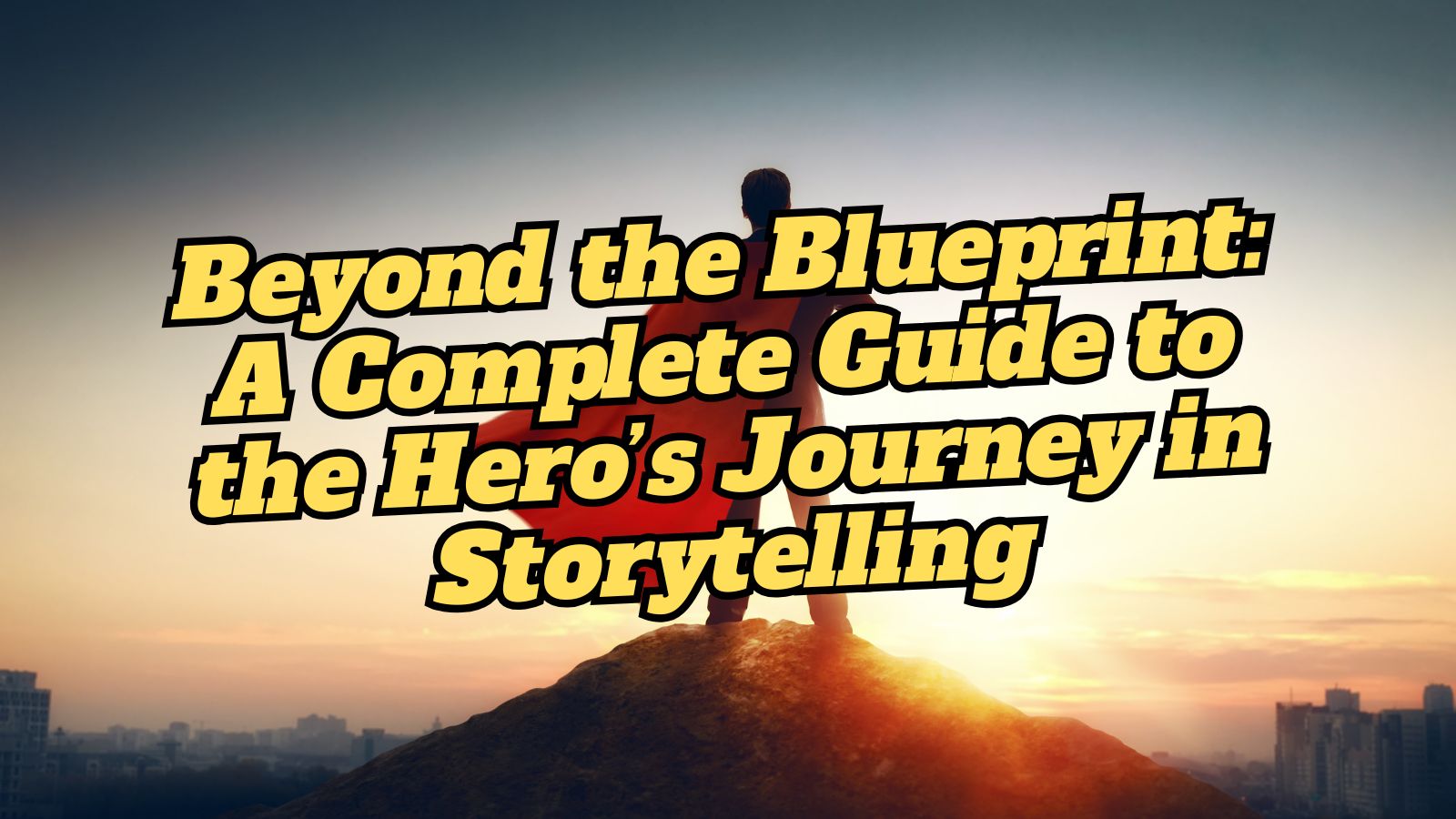Learn 5 proven techniques to build unstoppable story tension that keeps readers hooked. Free worksheet included to map conflict escalation in your story.
Author: Richard
The Kindness and Quiet Desire of Strawberries
The Kindness and Quiet Desire of Strawberries is the first in a series of works from our editor. You can read more about his forthcoming work here.
Science Fiction Quiz #1
Test your sci-fi knowledge with this challenging quiz! Match legendary works to their authors, from Asimov to Liu Cixin. Are you a real fan? Prove it!
Awakening All Five Senses: How to Write Descriptions That Come Alive
Steps and advices on waking up all your senses in your writing for pros and beginners. Our Free printable worksheet makes it easy!
Comment Contest: Win Promotion for Your Writing!
Do you want your book, website or writing promoted for a month for free on our site, ad in all our sidebars, email blast, and social media promotions? Just leave a comment…
The Ultimate Short Story Revision Checklist: for Students and Seasoned Writers
Transform your first drafts into polished stories with this revision checklist created by a fellow editing-phobic writer. Break down the overwhelming task into manageable steps covering plot structure, character depth, and more.
Building Your Writer Platform in 2025: Beyond Just Blogs and Websites (free checklist)
Building Your Writer Platform in 2025 Beyond Just Blogs and Websites: Using our free downloadable checklist makes it easy!
Master Character Arcs: The 7-Step Worksheet That Will Transform Your Writing
Master character development with our guide and worksheet. Write positive, negative, and flat arcs for powerful stories
I Need Your Help: Publishing a Collection of My Poetry
Join Richard Everywriter as he publishes his first poetry collection through KDP. Get insights into the self-publishing process and share your own experience
Story Structure: How the Save the Cat! Method Can Transform Your Writing
Have you ever stared at a blank page, your brilliant story idea swimming in your head but refusing to take shape on the page?
HALFWAY TO HALLOWEEN: 50 Words of Horror Contest
Do you miss Halloween? Here is your chance to indulge. Welcome to our 2025 Halfway to Halloween horror micro-fiction contest,
How to Edit your poetry for beginners and beyond (with worksheet)
Struggling to edit your poetry? This beginner-friendly guide offers practical techniques and a free worksheet to help you revise your poems
20 Forgotten Gothic Stories Writers Need to Rediscover
20 Forgotten Gothic Stories Writers Need to Rediscover: In the vast library of gothic literature, some brilliant gems have been overshadowed
The Writer’s Roadmap: Embracing Outlining (Free Worksheet Included!)
Free story outlining guide for all writers! Map your journey and turn brilliant ideas into finished stories.
A Complete Guide to the Hero’s Journey in Storytelling (Free Worksheet)
Master the Hero’s Journey framework while creating authentic, transformative character arcs in your storytelling. Free Worksheet!
